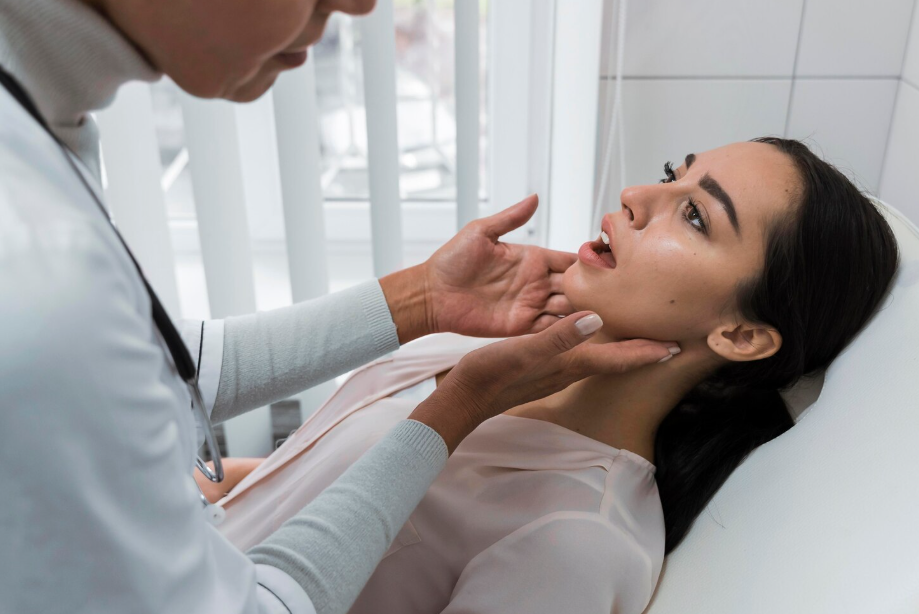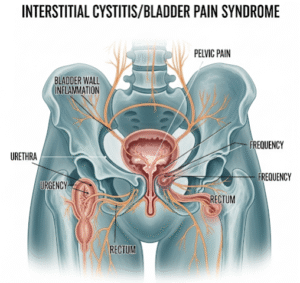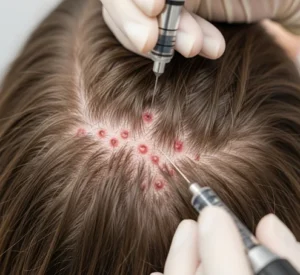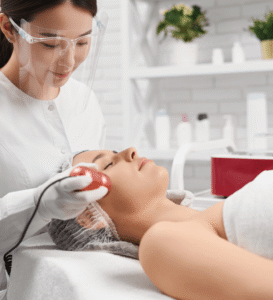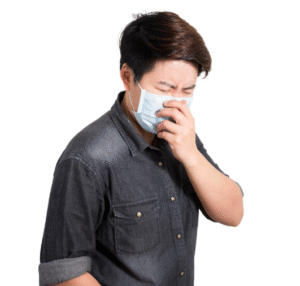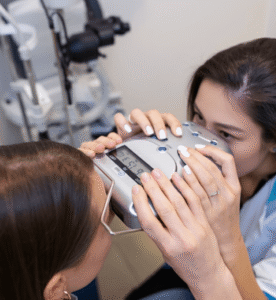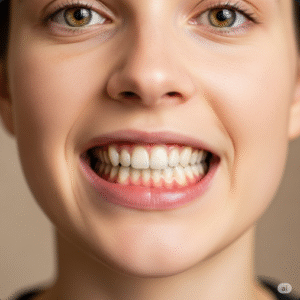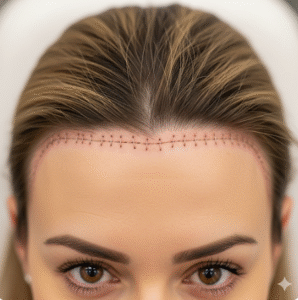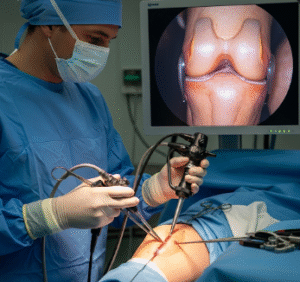Overview
Jaw cysts and tumors are abnormal growths or fluid-filled sacs that develop in the jawbone or surrounding soft tissues. These lesions may be benign or malignant. While many jaw cysts are non-cancerous, some tumors can cause pain, swelling, and deformity. Early detection and treatment are crucial to prevent complications, preserve jaw function, and maintain oral health. South Korea provides advanced oral and maxillofacial diagnostic and surgical care.
What are Jaw Cysts and Tumors?
- Jaw Cysts: Fluid-filled sacs in the jawbone, often resulting from dental infections, developmental anomalies, or impacted teeth. Examples include odontogenic cysts and dentigerous cysts.
- Jaw Tumors: Abnormal tissue growths, which can be benign (ameloblastoma, odontoma) or malignant (osteosarcoma, squamous cell carcinoma). Tumors may expand jawbone, interfere with teeth, or invade nearby tissues.
Symptoms
- Swelling or noticeable lumps in the jaw or face
- Pain or tenderness
- Tooth displacement or loosening
- Difficulty opening the mouth
- Numbness or tingling in the jaw or face
- Rarely, bleeding or ulceration in malignant cases
Causes
- Dental infections or untreated cavities
- Impacted or abnormal teeth development
- Genetic predisposition for some benign tumors
- Radiation exposure or previous cancer treatments (rare)
- Chronic irritation of oral tissues
Risk Factors
- Poor oral hygiene or chronic dental infections
- History of cysts or tumors in the jaw
- Genetic syndromes (e.g., Gorlin syndrome)
- Tobacco or alcohol use (in malignant cases)
Complications
- Facial deformity if left untreated
- Tooth loss or misalignment
- Malignant transformation of certain lesions (rare)
- Jaw fractures due to weakened bone
Prevention
- Maintain regular dental check-ups
- Treat cavities and dental infections promptly
- Avoid smoking and limit alcohol intake
- Monitor any jaw swelling or unusual oral lesions
Treatment Options in Korea
- Diagnosis
- Panoramic X-ray and CT scan to identify cysts or tumors
- Biopsy for histological examination to distinguish benign from malignant lesions
- MRI if soft tissue involvement is suspected
- Medical Management
- Antibiotics for associated infections
- Regular monitoring for small, non-aggressive cysts
- Surgical Intervention
- Enucleation or curettage for benign cysts
- Resection or segmental jaw surgery for aggressive or malignant tumors
- Reconstruction using bone grafts or implants when necessary
- Postoperative Care
- Pain management and infection prevention
- Physical therapy for jaw mobility
- Regular follow-up imaging to detect recurrence
- Specialized Centers
- South Korea has top oral and maxillofacial surgical departments in hospitals such as Seoul National University Dental Hospital, Samsung Medical Center, and Asan Medical Center, offering multidisciplinary care including oral surgeons, oncologists, and reconstructive specialists.

